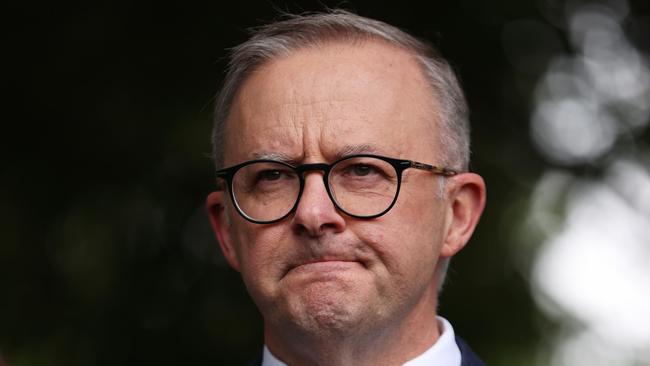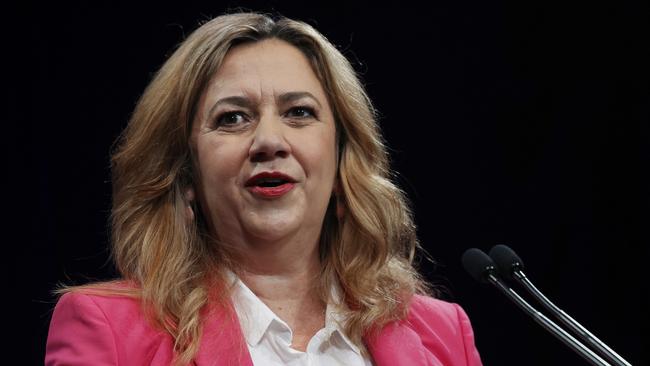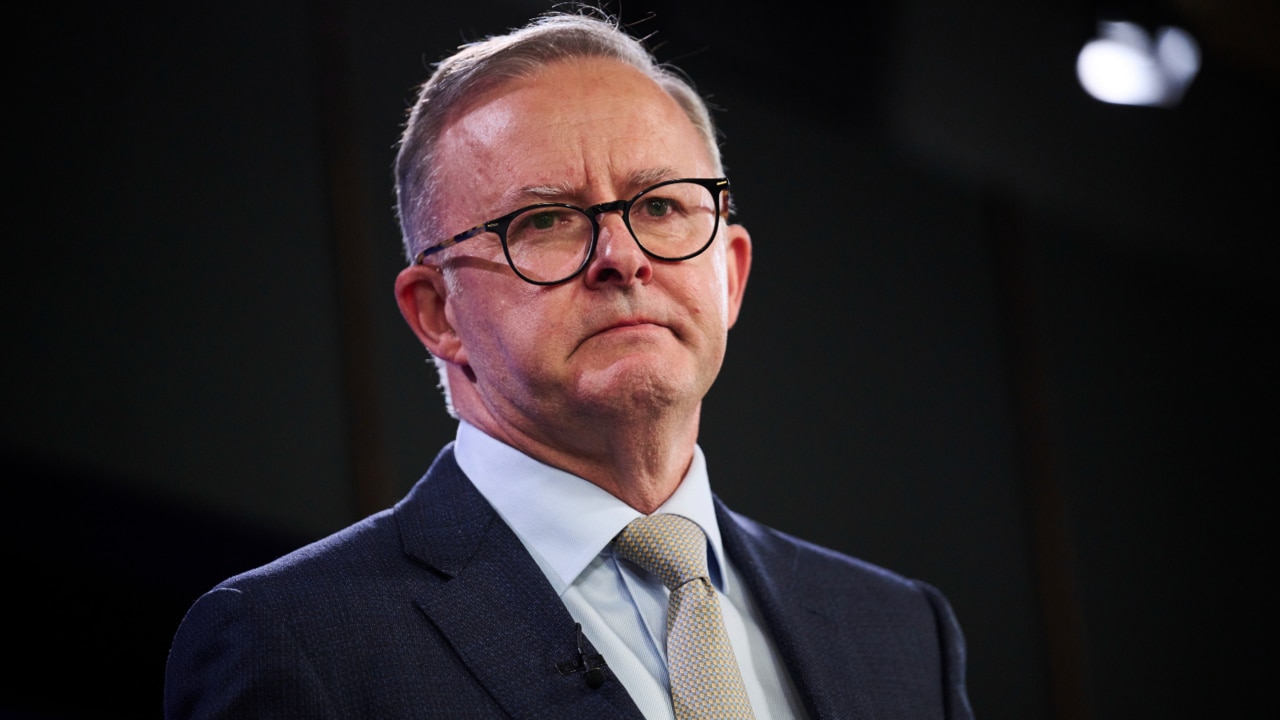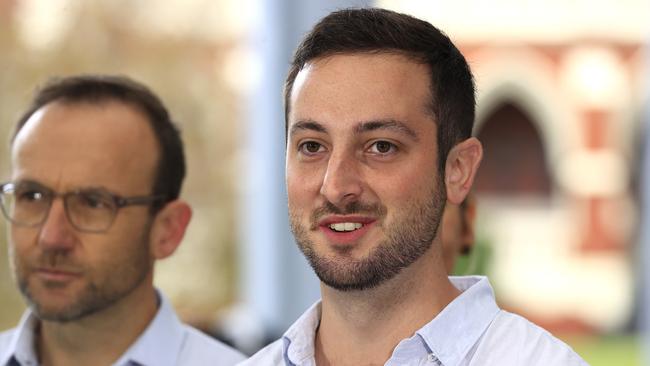Election 2022: Labor Party going backwards as Queensland result takes shine off victory
Labor is on track to post its worst federal election result in Queensland since 1996, and well short of expectations.

Labor is on track for its worst federal election result in Queensland since 1996, with the incoming government falling short of Anthony Albanese’s pre-campaign target to win 10 seats in the state.
Despite the Coalition suffering one of the biggest swings in its fortress state, Labor on Friday was looking like it will come out of the May 21 election with just five of Queensland’s 30 seats.
At the close of counting, Labor’s Madonna Jarrett was in second place in the prized electorate of Brisbane, but the trajectory of preference flows has the Greens increasingly likely to take it from the Liberal National Party.
It will complete an electoral treble for the progressive minor party across the city – building on historic first-time wins in council and state parliament elections in the past six years – after also claiming the blue-ribbon electorates of Ryan and Labor’s Griffith, once held by Kevin Rudd.
The result for Labor in Queensland – where it posted a 1.12 per cent improvement on its 2019 primary vote – will be a net loss of one seat and is the smallest representation in the state since it was reduced to two MPs when John Howard first swept to power in 1996.
It is a devastating blow to Mr Albanese, who declared he wanted to mimic Premier Annastacia Palaszczuk’s leadership and the popularity that secured her third state election win in 2020.

After taking the federal opposition leadership, Mr Albanese immediately flew to Queensland in the first of many visits to win over voters who abandoned Labor in at the 2019 election that delivered Scott Morrison his “miracle” win.
“We’ve learned the lessons. We did a whole review into it … our policy offering wasn’t strong enough to secure the support of people in Queensland,’’ Mr Albanese said in January during a visit to the marginal LNP-held electorate of Herbert, in Townsville, one of two Queensland seats to swing against Labor last weekend.

Despite the Coalition suffering a statewide swing against it of 3.8 per cent – above the national swing of 3.39 per cent – it still holds 21 seats. Labor, with its five seats, now has the smallest proportion of Queensland seats of any incoming federal government.
Griffith University political scientist Paul Williams said Labor would be “bitterly disappointed”.
“It’s really not what you want for an incoming government,” Dr Williams said. “Albanese plain and simply doesn’t have Queensland behind him.”

Dr Williams said the strong Greens result would increase the confidence of prospective “teal” independent candidates to challenge inner-city seats in the next state or federal elections.
He said the state’s political culture may have been behind the reluctance to back Mr Albanese.
“Queensland places a premium on leadership and strong, masculine leaders,” he said. “The idea that Morrison was an earthy, masculine Australian who stood up for good Christian values, a solid mining economy, these sorts of values still permeate deeply in Queensland outside of Brisbane and even on the fringes of Brisbane.”
While Labor did not win any seats from the Coalition, the swing left eight LNP seats with a margin of less than 5 per cent, putting them within range of Labor at the next election.
Re-elected Nationals senator Matt Canavan said winning 21 of 30 seats in Queensland would provide the Coalition a platform to rebuild.
“The work of the Queensland LNP has helped prevent Anthony Albanese having a buffer, which most new governments have and rely on,” Senator Canavan said.
“It’s going to be a tough first term for the government with probably a one or two-seat majority and no room to move.
“To lose government but still hold seats in regional and outer-suburban Brisbane and regional Queensland is unprecedented and is a testament to the strong, practical, grassroots campaigning the LNP can do.”






To join the conversation, please log in. Don't have an account? Register
Join the conversation, you are commenting as Logout